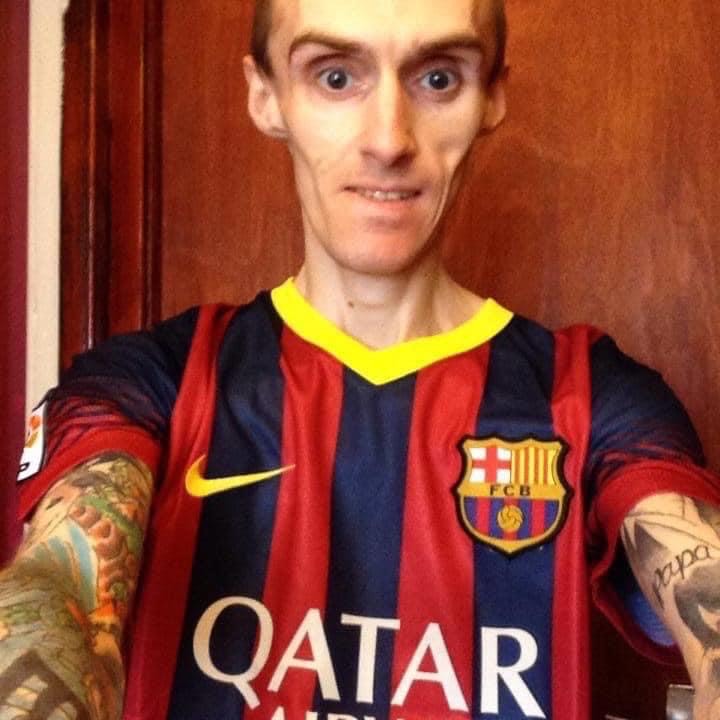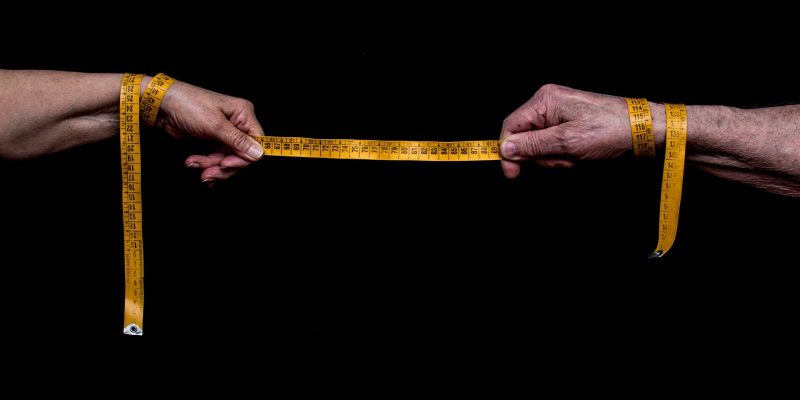Do representations of masculinity impact the way men deal with eating disorders?
According to Beat, There are 1.25 million people in the UK suffering from eating disorders, and 25% are male. However, there are still thought to be more men who are suffering in silence, but because of the stigma around it, they will not come forward to seek help.
Societal attitudes towards eating disorders need to change, but this is difficult with an underfunded NHS. Austerity has caused the NHS and mental health services to suffer. The Health Foundation says, in 2019, the training of doctors and nurses was cut by £1 billion. On top of this, Full facts reported that mental health planned spending was £34 million less in 2018/2019 in comparison to 2017/2018. Former Liberal Democrats leader and member of the All-Party Parliamentary Group for Eating Disorders (APPG), Tim Farron spoke about what problems he comes across with eating disorders and body image as the MP for Westmorland and Lonsdale.
“There just aren’t adequate services available to people… and I’ve seen promises of projects and services that just haven’t materialised”
Farron explains how social representations affect the constituents of his area.
“Many of the young people I speak to, they will trace common stories and will point some of the fingers to these representations of what it is to be an ideal shape or ideal person, and that doesn’t come from nowhere.’
Tommy Kelly, 40, from Ayshire, Scotland uses his 23-years of personal experience surrounding Anorexia Nervosa to encourage other men to come forward and seek help with their eating disorders. Toxic masculinity can result in men being silent when it comes to health problems. Toxic masculinity is when stereotypical male traits are pushed forward and are expected of men. These can range from being strong, emotionless or brave, but these can be harmful.
Watch Tommy Kelly, 40, and Tim Farron share their views
Psychologist Eva Koumpli, from the Tree of Life Clinic, says: “Toxic masculinity is a standard of manliness that is expected from men at a very young age. It creates a cultural mindset that can be extremely detrimental to an individual’s health.”
“Doctors just didn’t know how to diagnose me.”
Koumpli explains that being unable to cope with emotions, trauma or grief can lead to mental health issues.
Koumpli added: “Toxic masculinity is harmful to one’s health for many reasons. One of these reasons is the suppression of emotion. Due to social expectations, most men feel as though they cannot openly express when they are upset about something.”
The death of Kelly’s mother triggered his eating disorder in 1997. At the start of Kelly’s battle with anorexia, he was constantly being misdiagnosed with ‘irritable bowel syndrome’ or his weight loss was being put down to grief.
Kelly said: “doctors just didn’t know how to diagnose me.”
Eating disorder counsellor, Harriet Frew says that ‘professionals such as GPs, often miss eating disorders in men, as they are not aware of the crucial signs of eating disorder presentation.” Three years later Kelly was finally diagnosed with having an eating disorder. The stigma continued to show in Kelly’s life as many of his friends unfriended him because they saw it as a ‘vanity thing’ or a ‘girl’s illness’. The lack of initial support from doctors, friends alongside the weight loss led to his first major heart attack, in 2000. After six years of recovery, Kelly relapsed when his wife began to suffer from ovarian cancer, just like his mum.
“Everyone thinks a male should deal with it and toughen up and that was a big part of it, especially in sports and I was a footballer and society is just like that, unfortunately”
He said: “I was doing really well, I had no signs of an eating disorder and then she suffered four miscarriages and was misdiagnosed with a polycystic ovarian syndrome, and it turned out to be ovarian cancer and she had a full hysterectomy.” The second relapse caused Kelly to experience his second heart attack. Since then, Kelly has been in a coma has suffered from, two heart attacks, nerve damage, osteoporosis and the list goes on. Kelly shares that his eating disorder became a way for him to ‘cope’ with the traumas in his life because he says he ‘would have spoken sooner’ without the stigma or toxic masculinity.
He added: “Everyone thinks a male should deal with it and toughen up and that was a big part of it, especially in sports and I was a footballer and society is just like that, unfortunately.”
Wera Hobhouse, chair of the APPG and Liberal Democrat MP for Bath says: “We need to raise awareness that eating disorders do not discriminate and help them with the targeting of images and the way we talk about eating disorders.” She then added: “We need to get away from this gendered perception of what eating disorders actually are.” The APPG (for eating disorders) works alongside the UK’s leading eating disorder charity, Beat. The APPG has recently led an inquiry for funding eating disorder research, which will be running until spring 2021.

Kelly urges others to speak out to avoid the same lifelong impacts anorexia left him with. Kelly has over 25 thousand subscribers on Youtube, appeared on the BBC and has worked for Beat UK as an ambassador. He uses Instagram, Youtube and a podcast he hosts with a fellow eating disorder awareness advocate to create a safe place for men to ask questions and dismantle the stigma around eating disorders.
Frew calls for the government to ‘educate people from birth about their relationship with food and understanding the psychology of eating disorders and disordered eating, body acceptance, health at every size and how to build self-worth.’ More people are coming forward to share their stories, but Frew says that mental health ‘needs to be on television and media, as much as dieting and diet culture is right now.’
If you would like to support the APPG you may do so by contacting research@beateatingdisorders.org.uk to find out about their next inquiry. For extra support, please contact Beat’s adult helpline or their Child helpline by clicking the link to out more about their services https://www.beateatingdisorders.org.uk/support-services
Follow Fit.toSurvive on Instagram to learn more about toxic masculinity and eating disorders.
View this post on Instagram


 A Woman’s Hell
A Woman’s Hell